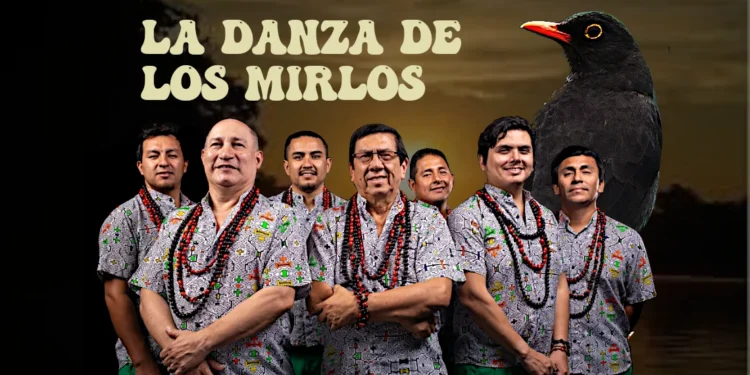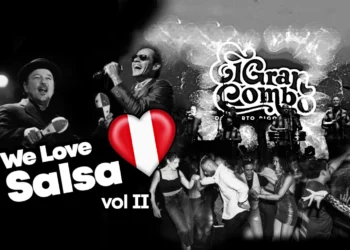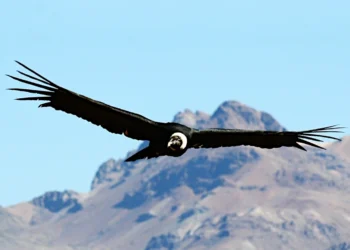This post is also available in:
Español
Nederlands
If you’ve ever felt that an electric guitar could sound like the wind rustling through trees or like the mysterious song of a bird deep in the jungle, then you were probably listening to The Dance of the Blackbirds. This classic of Peruvian music has long been mistakenly labeled as “cumbia,” but the truth is it belongs to a much more authentic and uniquely Peruvian genre: Amazonian Chicha.
It’s not just a song — it’s a sonic journey into the jungle. A hypnotic rhythm, a guitar that seems to converse with nature, and an energy that has crossed borders without losing its essence. How did this musical gem come to be, and why is it still heard around the world? Join me on this story full of anecdotes and discoveries.
The Story of an Amazonian Dance
To understand La danza de los Mirlos (The Dance of the Blackbirds), we must travel back to the 1970s in the Peruvian jungle, specifically to Moyobamba, in the San Martín region. There, a group of young musicians began experimenting with electric guitars and tropical sounds, without abandoning their Amazonian roots. Los Mirlos, led by Jorge Rodríguez Grández, were about to radically transform Peruvian music.
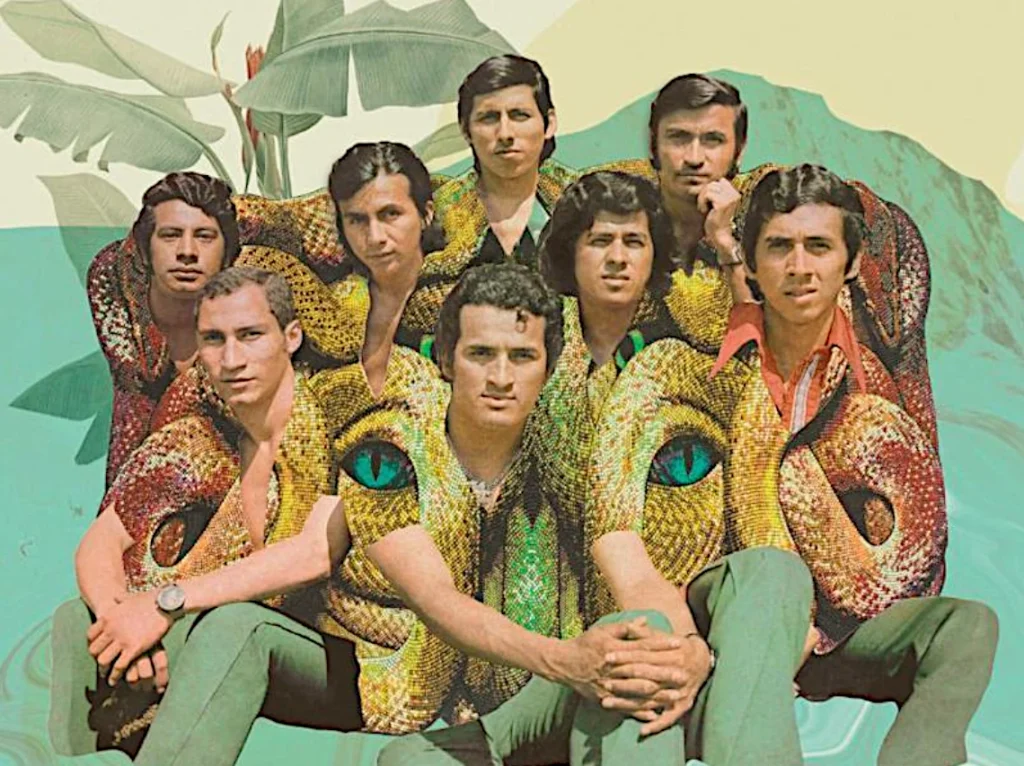
The song’s title is no coincidence. In the Peruvian jungle, blackbirds (mirlos) are black birds that emit a high-pitched, repetitive call — almost like they’re having a conversation with the trees. It’s said that Rodríguez Grández wanted the guitar to imitate that sound, and that’s how the hypnotic melody was born, making the song recognized worldwide.
“We wanted the guitar to sing like a blackbird, so people could feel the jungle in the music,” Jorge Rodríguez once said in an interview.
But The Dance of the Blackbirds wasn’t an instant hit. In Lima, where genres like Colombian cumbia and rock dominated, many looked at this new sound with skepticism. However, young people from working-class neighborhoods — migrants from the jungle and the Andes searching for identity in the big city — embraced the rhythm. This gave birth to Chicha, a genre blending the electric guitars of rock, the timbales of cumbia, and the melancholic melodies of Andean music.
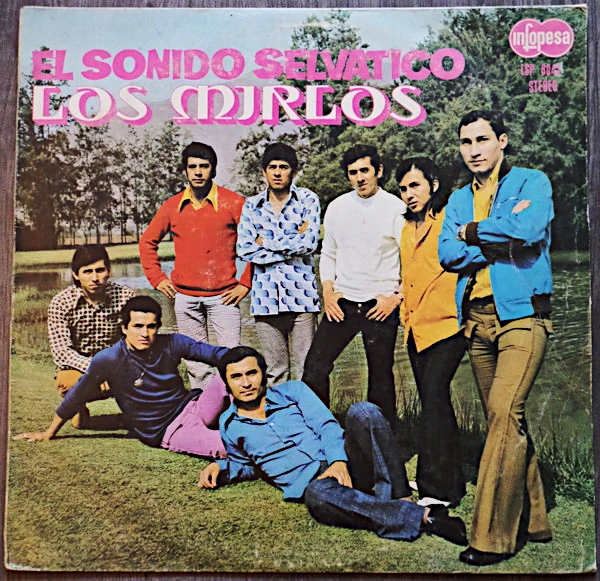
Why It’s Not Cumbia
Many insist on calling The Dance of the Blackbirds “cumbia,” but that’s like saying pisco sour is a Chilean cocktail — complete heresy. Cumbia, originally from Colombia, has a stronger bassline and a different structure. Chicha, on the other hand, is defined by the use of electric guitars with psychedelic effects, inspired by 1960s surf rock, yet deeply rooted in Peruvian identity.
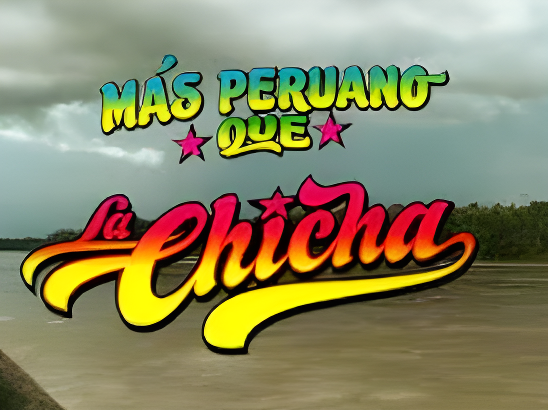
If you listen closely, you’ll notice the rhythm isn’t that of classic cumbia. It’s freer, more fluid — almost hypnotic. It calls you to dance, but not just any dance: it’s an Amazonian ritual brought to the dancefloor.
“I remember the first time I heard it at a festival in Amsterdam. People danced like they were in a trance, and for a moment I felt like I was in the middle of an unknown jungle, surrounded by mysterious sounds,” says Marijke, a Dutch woman who became a fan of the genre after that concert.
A Borderless Success
Since its release, The Dance of the Blackbirds has traveled more than most of us ever will. It’s been remixed, covered, and even featured in movie and TV soundtracks. Alternative rock bands have taken inspiration from it, and DJs from around the world have included it in electronic sets.
But what’s most incredible is that it’s never gone out of style. Wherever it plays, it starts the party. Whether it’s at a peña in Lima, a European festival, or a hipster bar in Brooklyn, this song still gets everyone dancing.

The Legacy of a Jungle Song
Today, Los Mirlos are still active, bringing their music to new generations. And while many still call it cumbia, more and more people are recognizing the truth: it’s Chicha, proudly and without question.
So next time you hear The Dance of the Blackbirds, close your eyes. Imagine the jungle, the birdsong, the wind in the trees. And let the guitar take you on a journey into a deep, hypnotic, and magical Peru.
And you? When was the first time you heard The Dance of the Blackbirds? Tell us in the comments and share this article with your friends who love great music.


